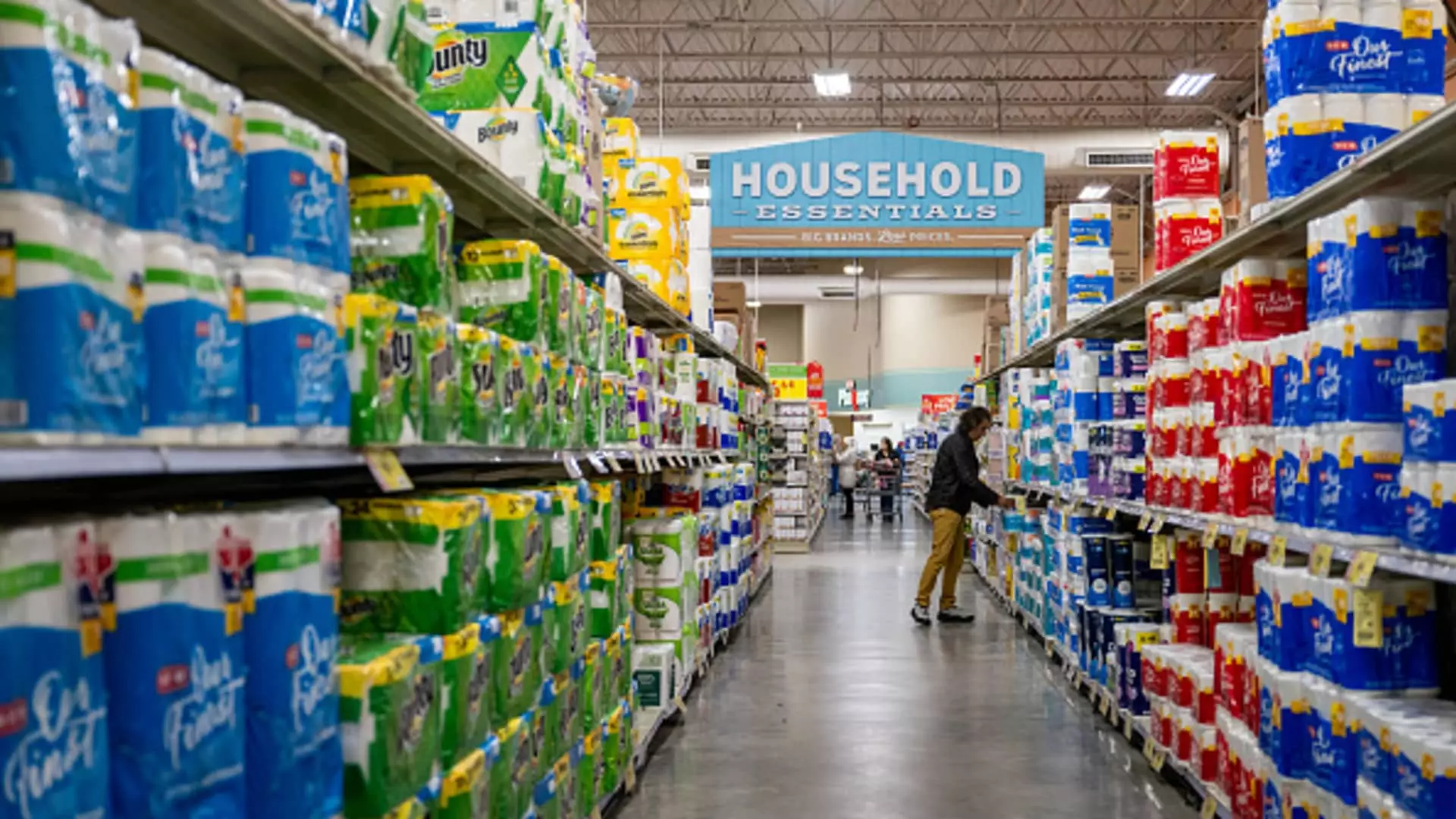In an ambitious attempt to revitalize American industries and create jobs, the Trump administration has set in motion a wave of tariffs that will ripple through the economy in ways consumers may not fully comprehend yet. The plan of imposing higher tariffs on imported goods from over 180 countries has genuine intentions at its core, but the fallout of these policies is already casting a long shadow on everyday items—from your morning coffee to crucial household supplies. With upcoming price increases in a range of products, it seems that a misguided zeal for an “America First” trade policy could lead to an unintended burden on average Americans.
The Surprising Ripple Effect on Staples
The Consumer Brands Association (CBA) raises a flag of caution. The organization’s vice president, Tom Madrecki, has pointed out the glaring oversight: many ingredients essential to American diets are not, and cannot be, easily sourced domestically. Tariffs are meant to protect American jobs but can also lead to an increase in prices for coffee, bananas, vanilla, and even toilet paper. The paradox lies in the fact that while the aim is to support American manufacturers, these tariffs can inadvertently drive consumers into a corner where they are forced to pay more for everyday items.
Take bananas, for example. A significant portion of the bananas consumed in the U.S. is imported from Guatemala. With the proposed 10% tariff, the cost of what once was a simple, affordable fruit could become another burden on families already facing a high cost of living. The true absurdity of these tariffs shines through when we consider that they are levied on commodities that cannot be grown in the U.S. due to climatic limitations, such as tropical fruits and spices.
The Vanilla Dilemma: An Iconic Ingredient Under Siege
One of the starkest illustrations of the absurdity of these tariffs is observed in the case of vanilla. Madagascar, which supplies about 75% of the U.S. vanilla market, is facing a staggering 47% tariff. This isn’t just an inconvenience for bakers; it’s a stark reminder of how protectionist policies can impact even the smallest, everyday pleasures. The implications for companies like McCormick, which is already grappling with high vanilla prices, could lead to increased costs that will inevitably trickle down to consumers. Addressing these increases through “targeted price adjustments” merely scratches the surface of a larger issue that threatens to turn a premium spice into a luxury no one can afford.
The Illogical Assault on Household Items
Beyond food, the tariffs pose a significant threat to household staples—expanding their reach to toilet paper, diapers, and personal care products. The U.S. imports a substantial portion of the raw materials used in these products, such as palm oil from Indonesia, which is now subject to a hefty 32% duty. When manufacturers face increased raw material costs, those expenses won’t just evaporate; they will be directly passed on to consumers. The logical paradox here is that a policy intended to protect American jobs in manufacturing can quickly devolve into a mechanism for retail price inflation.
Investors and Markets: A Mixed Bag of Reactions
Interestingly, while the news of these tariffs caused stock markets to initially plunge, sectors involving consumer staples saw positive momentum, as investors transitioned to what they perceive as safer bets. Companies like Procter & Gamble and Coca-Cola witnessed their stock prices rise, ostensibly benefiting from consumers’ pressing need for essential goods amidst rising costs. This duality encapsulates a broader economic concern: while businesses may find ways to sustain profitability, average citizens are left grappling with the repercussions of a trade policy that appears disconnected from the realities of daily life.
A Reality Check: The Disillusionment in Trade Policy
The tariffs now in play are a glaring example of how well-meaning policies can have far-reaching and often negative consequences. Rather than creating a stable environment for workers and producers, these actions risk pushing consumers into financial strain while simultaneously eroding the base of manufacturing that the administration sought to bolster. The focus on “America First” should not come at the expense of everyday Americans struggling to afford basics. The result? We find ourselves mired in a complicated, troubling web of trade policies that could very well undermine the very middle-class values they aim to protect.

